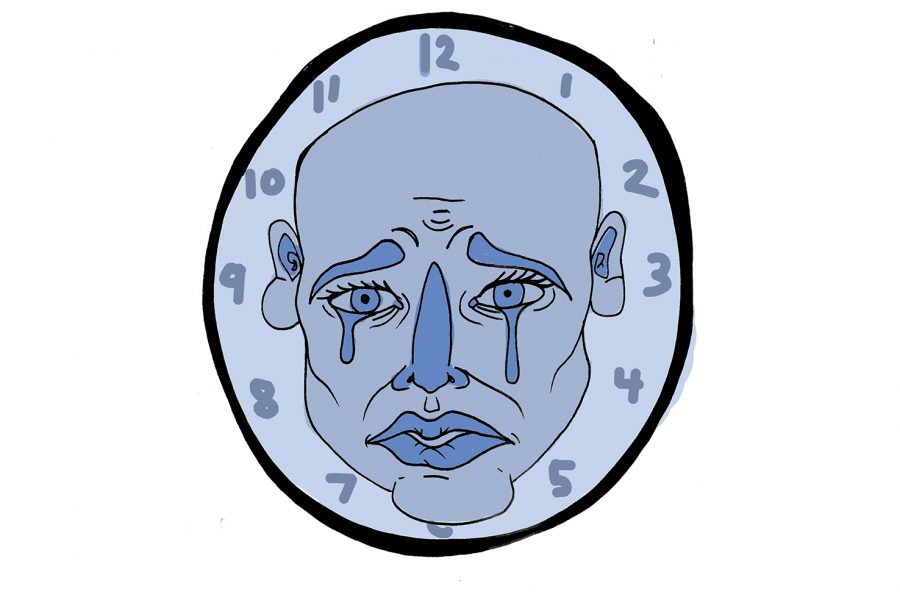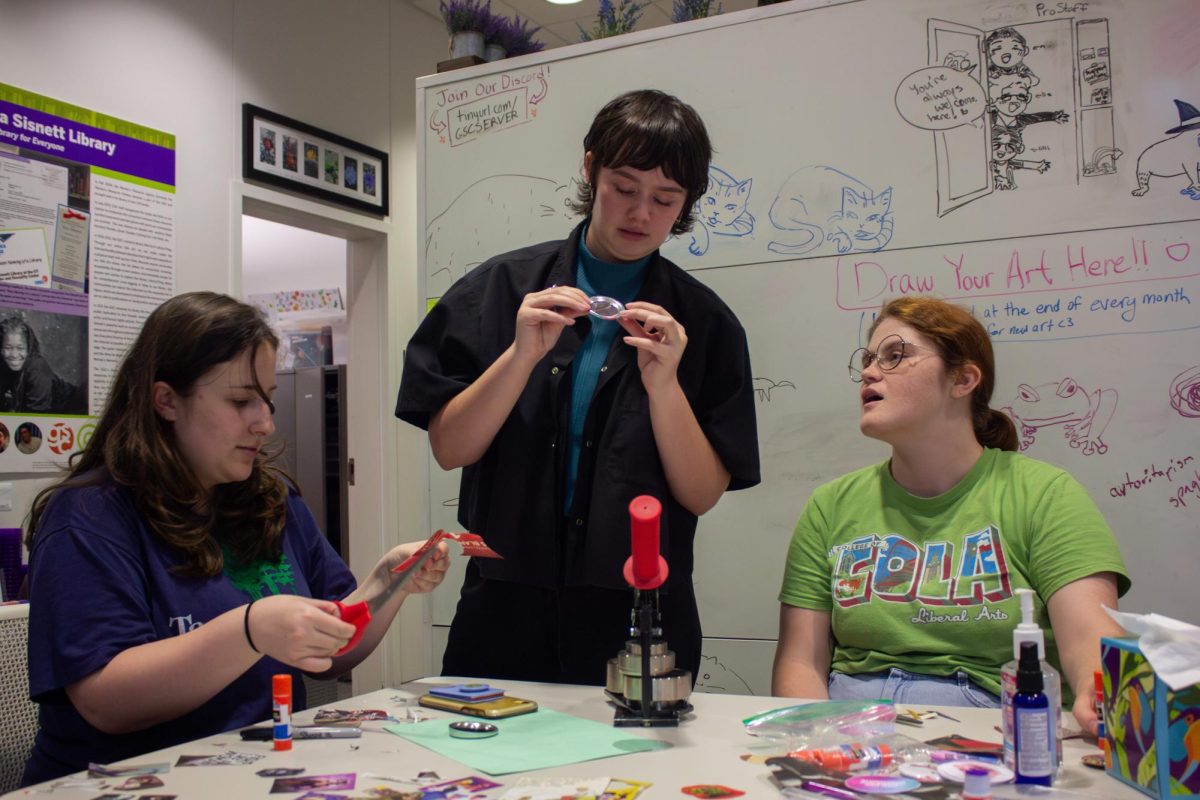At age 21, chemistry junior Jordan Clements has lost two close friends. As a result of his grief, he considered changing his major to communication and leadership in order to found a nonprofit that provides help to parents who have lost children.
Like Clements, many people use situations stemming from loss as an opportunity to give back, clinical director at the Austin Center for Grief and Loss and UT alumna Becky Morales said.
“(It’s) something they utilize to be helpful and as a healthy coping mechanism,” Morales said. “(They ask), ‘How does life adjust now that this person is no longer here?’ And then it shifts into what is possible.”
After losing a friend at 18 and another at 21, Clements’ experience each time began with wanting alone time to soak in the reality of what happened. Afterward, he decided he needed to “grieve and be comfortable with it.”
“It hasn’t defined me, but I’ve used it to shape who I am, who I want to become and the type of people I want to impact,” Clements said.
For Clements, both deaths occurred during transition phases in his life, something Morales said can affect how people experience grief.
“(Grief) really amplifies if there’s other transitions going on,” Morales said. “Typically college students will go through a lot of transitions, just (over the) course of a semester with changes in the intensity of coursework.”
When coping with loss in college, students may have the added challenge of coping with the loss of a friend for the first time, Morales said, leading them to question their own mortality and reaffirm what they want to accomplish in life.
“The idea that somebody in your area, age group or your peer group is no longer living calls (your mortality) into question on a personal level,” Morales said.
Morales said before experiencing the death of a loved one, students may not know what coping mechanisms work best for them.
“Four years of life experiences definitely (made) a difference in the grieving process, especially having gone through it already,” Clements said. “(The first time) was almost numbing because it didn’t hit me.”
To help students accept the situation and work through the grieving process, Katy Redd, associate director for prevention and outreach at the UT Counseling and Mental Health Center, said CMHC offers individual and group counseling as well as a support group focused on learning about the grief process.
“(The group) helps students experience a supportive environment where they can talk with others who have experienced the loss of a loved one,” Redd said.
Clements found a support system in his sister’s fiancé who had also experienced the death of a friend early in his life. He said he now feels he can do the same for others.
“My experience makes me someone who can almost be a crutch for (someone) who hasn’t gone through this before and use my experience to help them,” Clements said.
Clements said students don’t think about death as a real and tangible thing, but going through it can be a major change in perspective.
“In college, we’re so innocent,” Clements said. “Having gone through it makes me want to love the people I’m around because it could be gone tomorrow.”





















